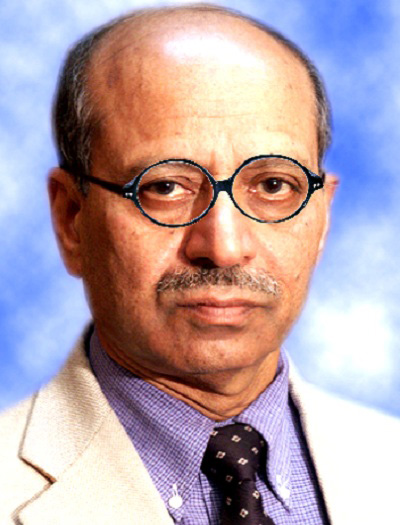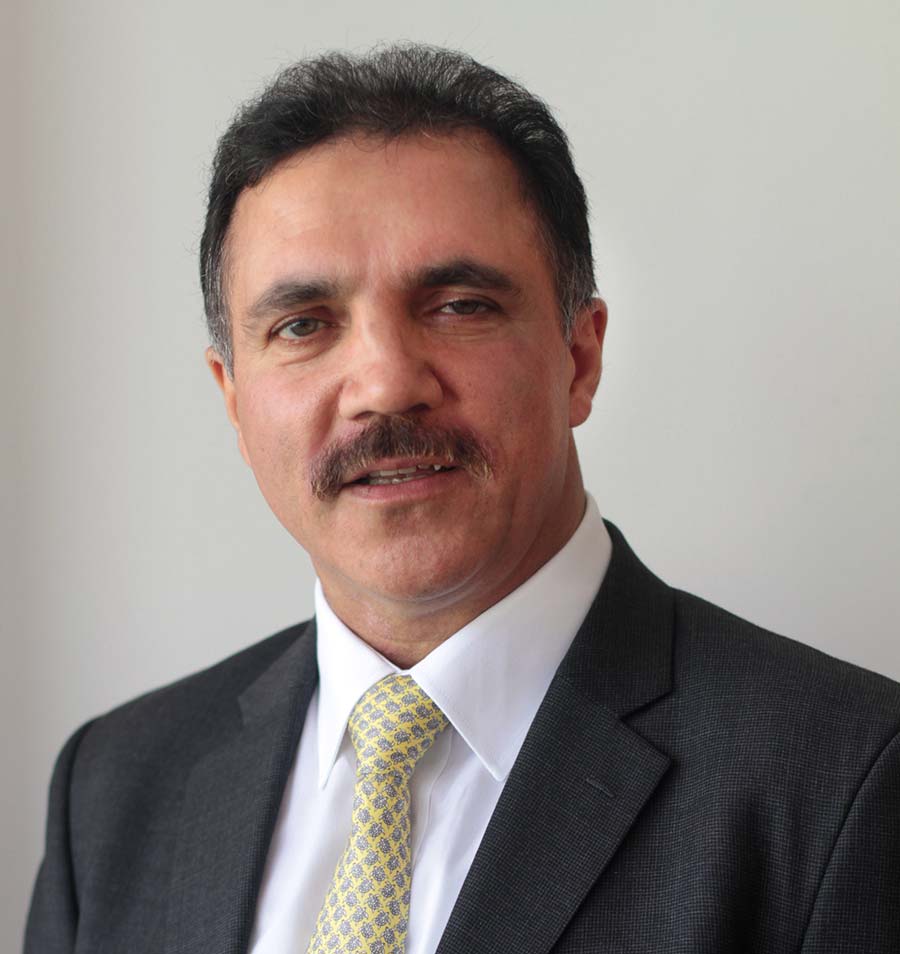 Mehmood-Ur-Rehman
Mehmood-Ur-Rehman
(1942-2017)
Mehmood-Ur-Rehman breathed his last on Friday (July 07) evening, and the news of his death found front page space in Kashmir.
Rehman, a native of Fatehpur in UP, is remembered for his active role in Kashmir during peak militancy years of 90s. However his tryst with the state began in 1968 when he was appointed as Sub Divisional Magistrate for Sopore.
In 1971, he was promoted and posted as District Commissioner Udhampur—the 1971 is known for Indo-Pak in history and Udhampur houses headquarters of Indian Army’s Northern command. So, Rehman was an important witness to developments preceding the war.
In 1973, he was sent to Ladakh to take charge of Deputy Commissioner to manage the administrative crises there which earned him respect from government as well people of Ladakh.
In 1977, riding on a remarkable bureaucratic reputation, he joined the state secretariat as the Secretary of Agriculture production Department. Once inside the Secretariat he shuttled between many reputed posts.
He was posted as Additional Chief Secretary Home on December 20, 1989. The militancy broke out around the same time. So holding top position in home department during that period came with its own tensions as situation was extremely tumultuous.
The kidnapping of Rubaya Sayeed, Mufti Sayed’s daughter, by JKLF militants for release of militants, the demand government agreed led to spur in the morale of militants.
People who know Rehman say militancy turned him into a good listener. He would set aside few hours of his morning time to meet people for feedback. He developed cordial relations with the officers of forces and intelligence organisations.
His admirers hail him for showing patience and perseverance in helping in diffusing the tensions when 11th Batalion of Armed forces went on a strike against the torture of their college at the hands of Army.
On October 15, 1993, a group of militants entered Hazratbal Shrine and locked the room where holy relic is kept. Given the sensitivity of the issue negotiations were initiated with government side represented by Divisional Commissioner Wajahat Habibullah and IGP Kashmir Ashok Suri. The faceoff continued for one and a half month before the two sides reached a “deal”.
Analysts credit Rahman’s role in ending the Hazratbal crisis. He was an active participant in the meetings with Governor in formulating a state’s policy in handling the crisis. On one occasion when Wajahat Habibullah was unwell, it is Rehman who was directly negotiating with the militants inside the shrine.
Finally, in 1995, he left the valley for Aligarh to be appointed as Vice Chancellor of Aligarh Muslim University and served till 2000. Thereafter he joined the Government of India as Secretary, Ministry of Parliamentary Affairs for two years. After retirement from government he worked as Chairman of the Bombay Mercantile Cooperative Bank for later part of his life.
– Zafar Aafaq


 Mehmood-Ur-Rehman
Mehmood-Ur-Rehman












